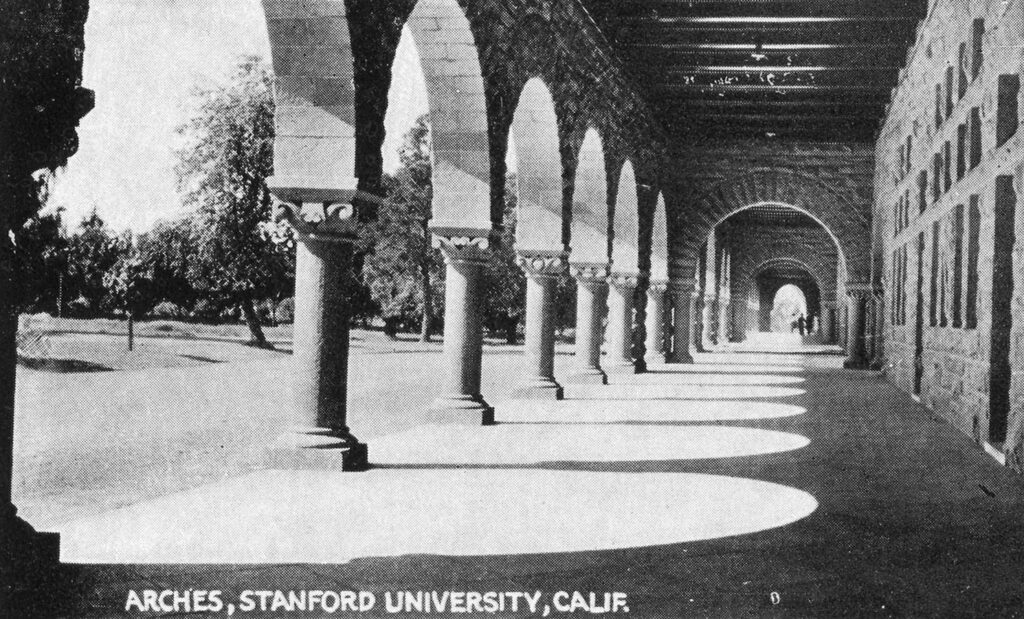It is hard for many people to know when to retire. While I believe there is a shelf life for leaders, most of us struggle with letting go. Unless there is an early retirement incentive package with a deadline, there is often not a definite date to retire.
For my monthly podcast “Becoming a Sage,” I interviewed Dave Ulrich, the Rensis Likert Professor at the Ross School of Business, University of Michigan. He is the author of The Why of Work. We talked about how retirees miss the social aspect of working. His experience has informed him that “retirees miss the people more than the work.”
Yet even if we don’t miss our day jobs, retirement can be uncomfortable because we often don’t know what to do next. Ulrich described it this way: “We thought the 60s and 70s would be an age of certainty, but it is an age of absolute uncertainty. The 20s are more certainty because you have a pattern of college, work, and life patterns.” He continued, “Most [retired]
people feel better when they are pulled into something than to be pushed out.”
The key is to be pulled into something meaningful rather than feel pushed out.
The question becomes: What are we being pulled into? Since retirement and how we spend our time is personalized, it takes time and intentional thought to figure out what’s next.
The Four Pillars
In The Why of Work, Urich describes four Bs or pillars of why people work. Retirees, he argues, would be smart to know these pillars so they can replace them outside of work.
- Be safe. The need to be financially and physically healthy.
- Become. Continue to grow by developing a growth mindset.
- Belong. Cultivate relationships through community and friendship groups.
- Believe. Find a purpose for getting out of bed in the morning.
We are not retiring from life, but we are moving onto something else. After you leave your career, you must go somewhere, but where are you going? Where will you belong, and what will you believe? Through my work, I’ve learned that fulfilling the next phase of life is not about being smart or having a lot of money. It is about being intentional with how you allocate your resources of time, energy, and money. And the most precious resource is time and where we put our attention.
Several tools have helped me decide how to spend my time and attention. First, I evaluated my values to help me create a personal mission statement which I use as a sieve. When I am asked to do something that requires my time and attention, I drop the ideas into my “sieve.” If they fit my values and mission statement, I am likely to agree to do them. If not, the sieve is there to block them. Second, I look for role models. I seek out people who are living a life in ways that is attractive to me. Then I ask myself, “What is it about how they are spending their resources that interests me?” I may or may not know these role models, but I can learn a lot through observation.
Urich said he has learned to stop chasing the uncertainty to focus on about what he is certain. He is certain, for instance, that he is “committed to learning to grow.” His personal mission statement is: “Learning that creates value for others.” He does this through his consulting, teaching, and writing.
Then he asked me about what I was certain. I told him we were soul mates as my personal mission statement is: Continue to learn and share what I am learning with others. I do this through writing, a monthly podcast and newsletter, teaching, workshops, speaking, and coaching. I am certain about continuing to learn and grow. This requires me to be curious, proactive, and engaged. At heart, I am a seeker who learns by asking questions of others. For most of my life, I’ve been fortunate to have mentors and Sages from whom I have learned and I want to continue this pattern.
When I asked Ulrich for his definition of legacy, he responded, “Legacy is about certainty. Find certainty for yourself. Help people discover their certainty.”
After people leave their jobs, Urich advises them to: Be safe. Become. Belong. Believe. In every presentation, he ends with this question: What is the best year of your life? His answer: If you follow the four Bs, the next 12 months will be the best.
Read the full article here

